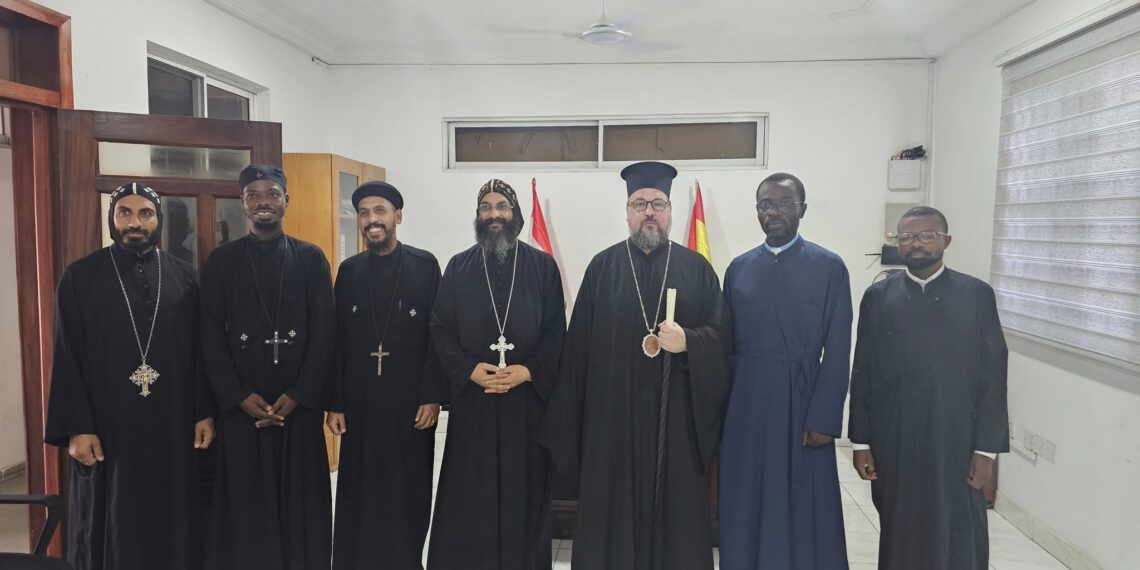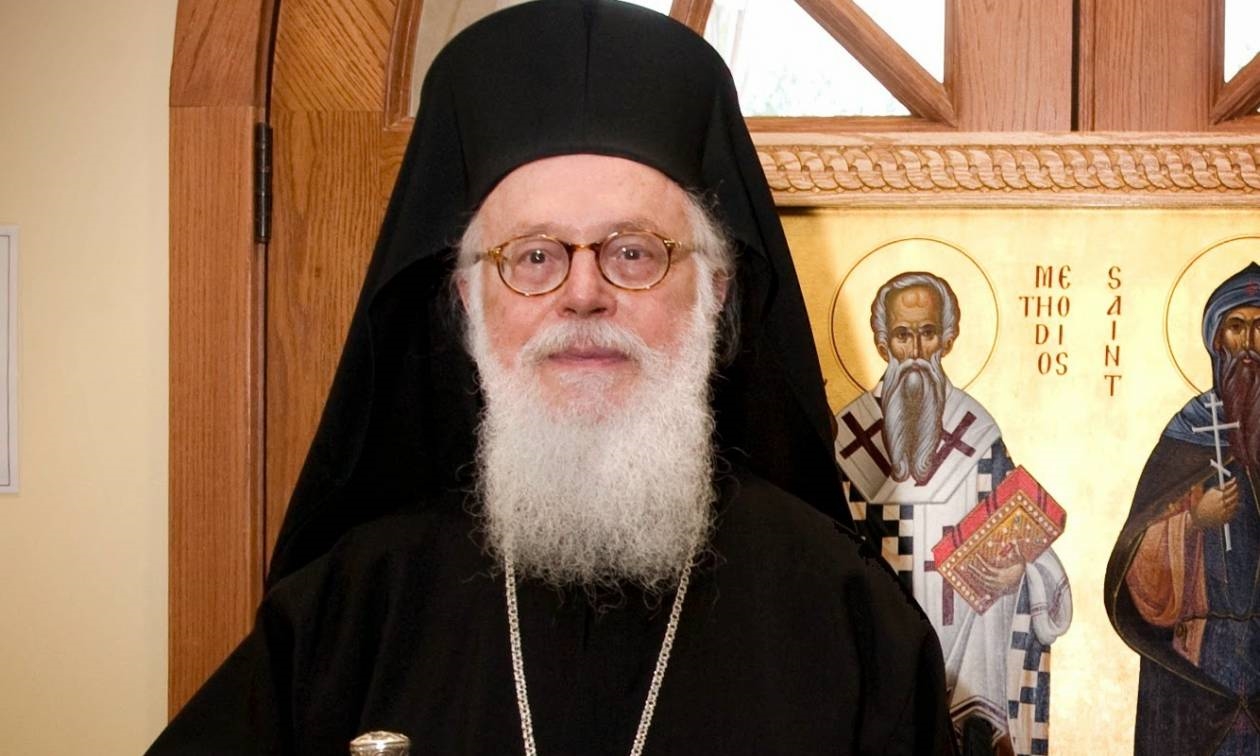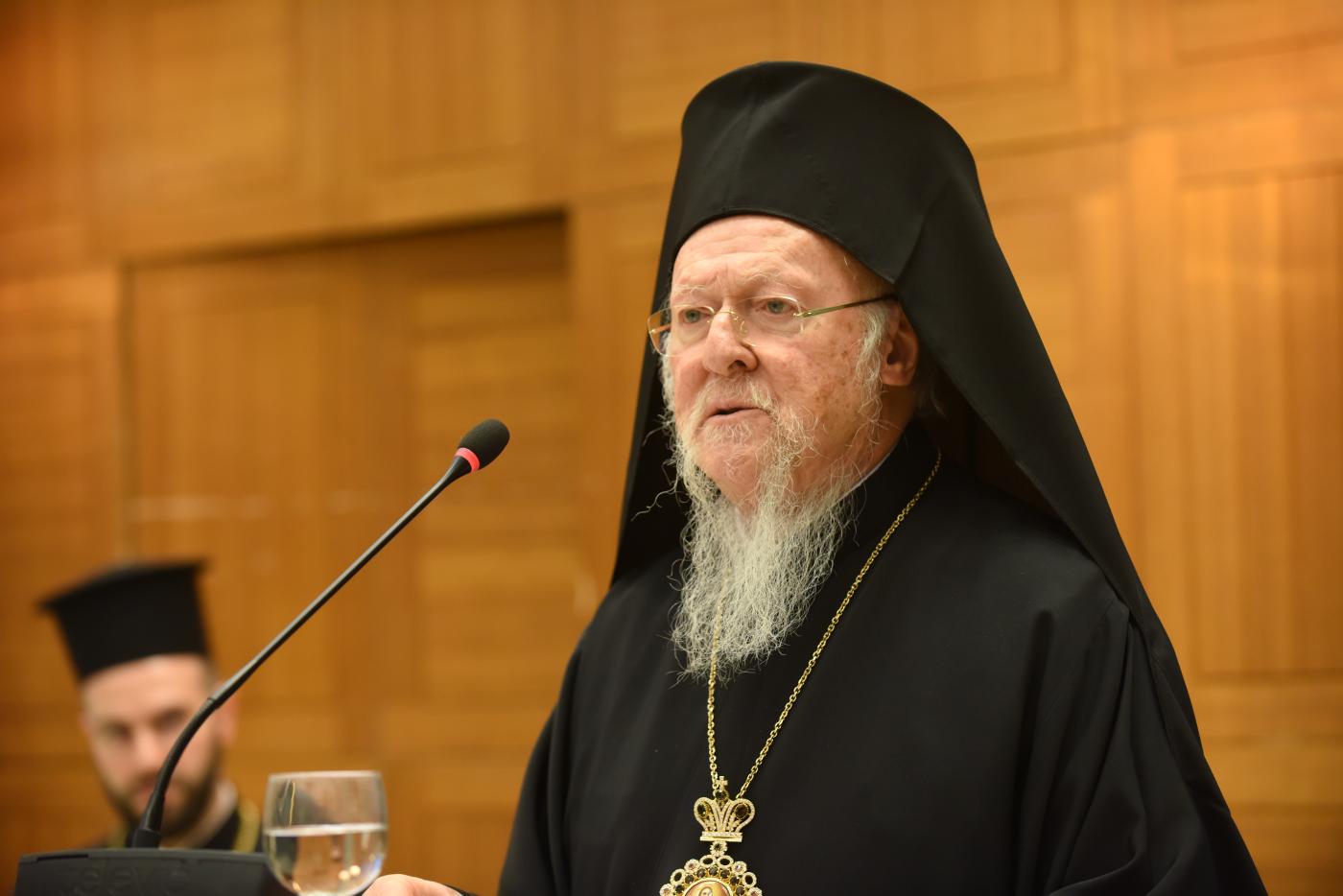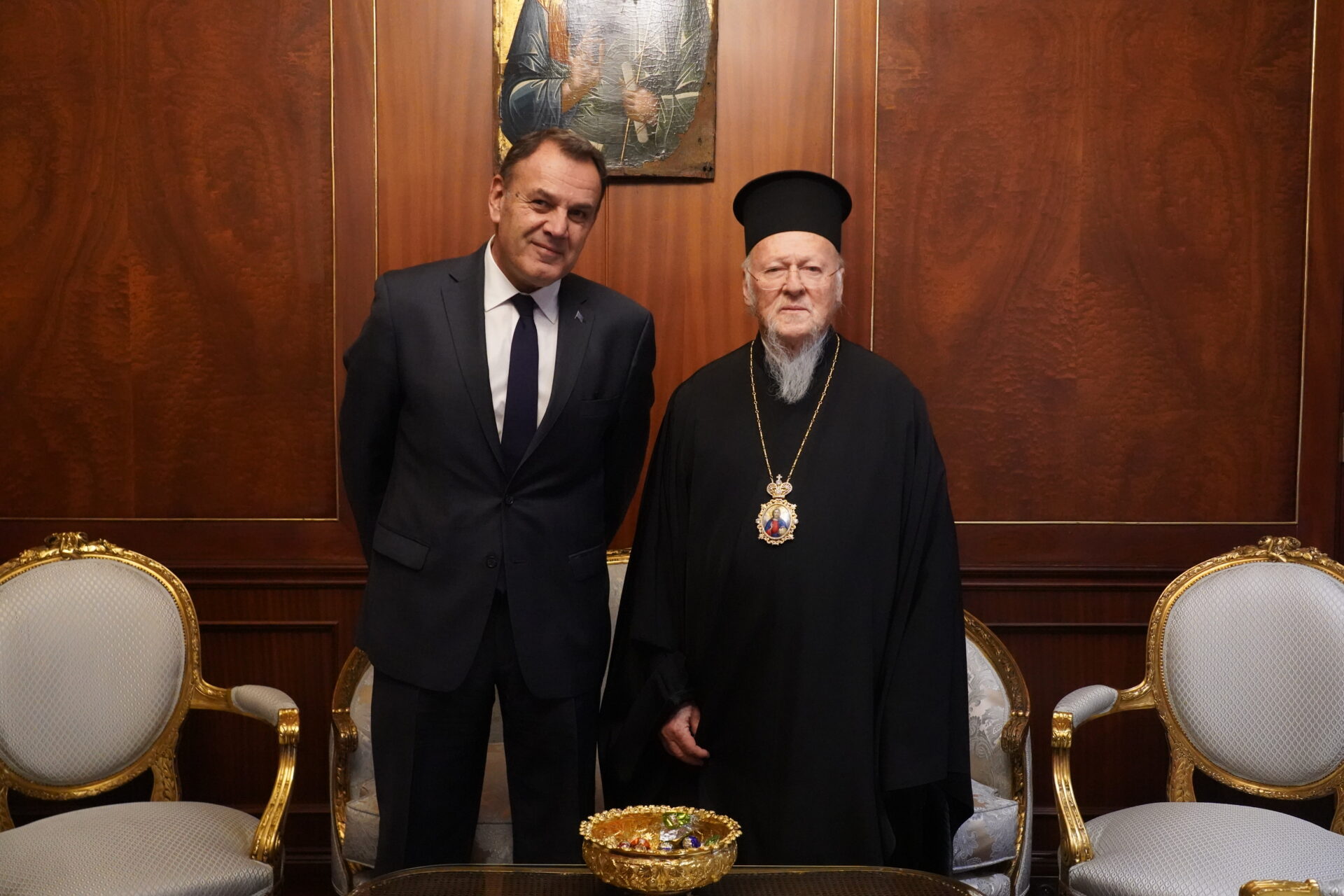Archbishop of Helsinki: Burning the holy book is not covered by freedom of speech
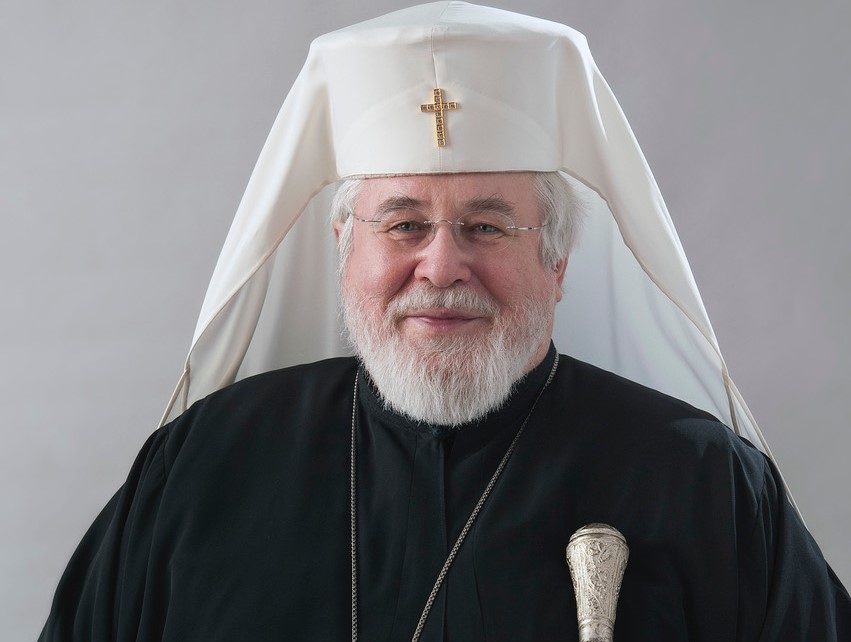

In Sweden, a court recently granted permission for a performance in which the Koran, the holy book of Islam, was torn down and burned in front of Stockholm’s central mosque. The organizer of the event did not see his actions as problematic but stated: “What is sacred to some does not necessarily have to be sacred to others” (Helsingin Sanomat 28.6).
The international community has not unanimously condemned the act, as it has been considered to fall within the scope of freedom of expression.
As the leader of the Eastern Orthodox Church, which is in the minority in our country, I cannot accept such an interpretation of freedom of speech.
When the holy book of a religious community is burned, it burns more than just a symbol or words on paper. The act insensitively breaks down the core parts of a person’s identity and personal hope. At the same time, the foundations of mutual respect and trust are destroyed.
In Finland, we have been able to do better so far. The law protects us against breach of religious peace. However, there is no reason to be proud: we too have recently seen racist comments justified on the grounds of freedom of speech.
Contrary to what many believe, unity and communion between people are not created by sameness, but by mutual respect. I would like to emphasize by saying that only by respecting others can we maintain our self-respect and earn the respect of others as well.
Orthodox Christianity and Islam have common roots in the Middle East, where the boundaries of religion and culture are spread across the soil of societies like an oriental carpet. We share a common affirmation of the message of the unity of God and the importance of prayer and ascesis.
A blind silkworm cannot see the fruit of its work: a beautifully patterned carpet and its rich color palette. But those of us who see it must appreciate it with gratitude.
Archbishop Leo of Helsinki and all Finland
Orthodox Church of Finland


